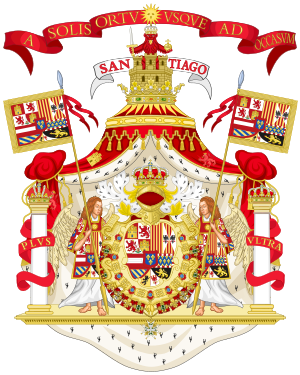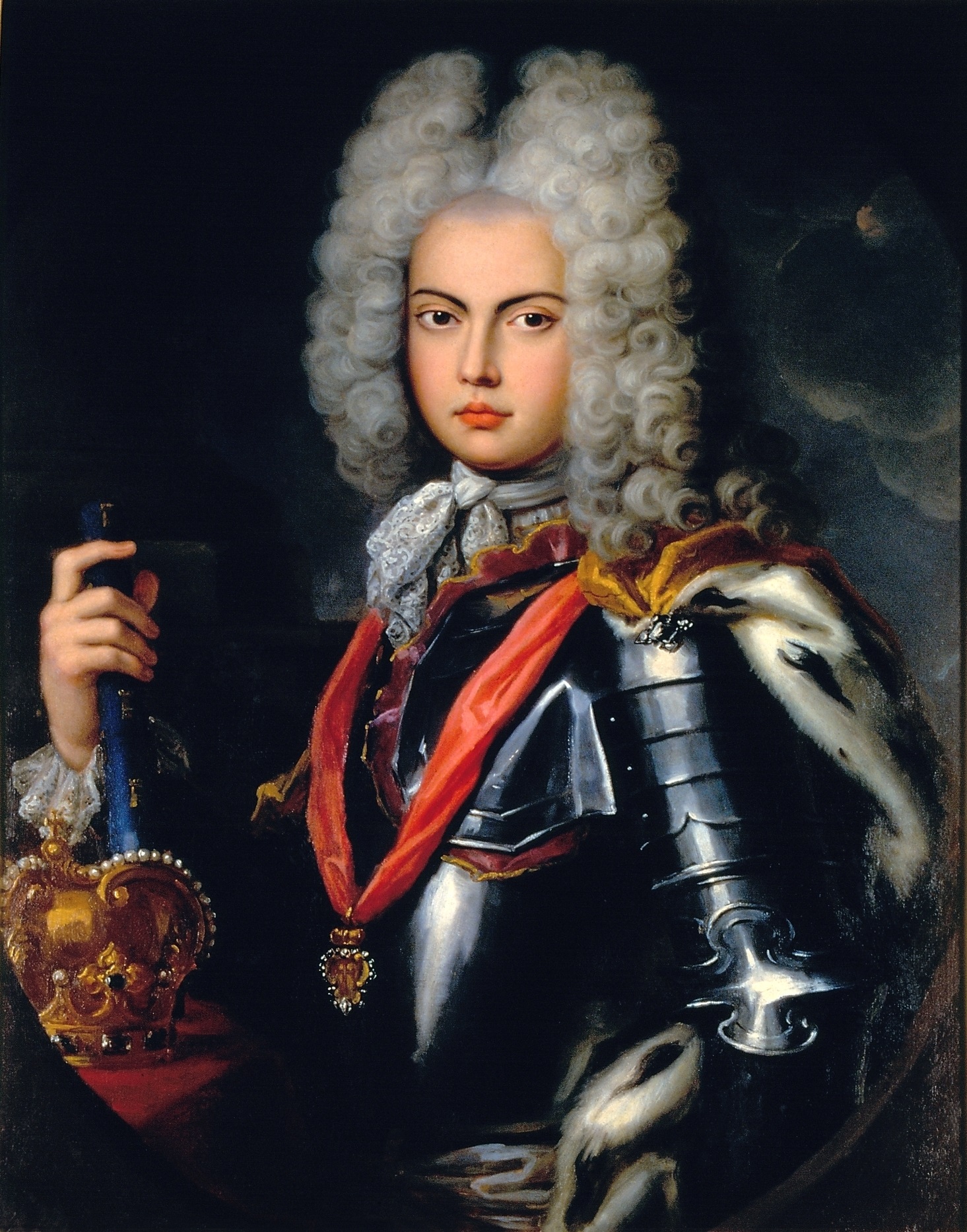Welcome to An Enlightened Age, a nation game set in 1732, inspired by fantastic games such as the World in Revolution series by the late Frymonmon and others, and Rise of Empires: Europe at War by Revan529 and Sneakyflaps. The latter in particular inspired my stats system for this game. More on that later.

Why 1732 you ask? Because all the better times have been used Because the War of Polish Succession is about to break out, and that is a war often overlooked despite its importance, and the War of Austrian Succession is soon to follow. Russia is also entering the beginnings of an economic boom, and colonial tensions are heating up around the world. The Enlightenment is in full swing, we have men like Voltaire, Francis Hutcheson, and Giambattista Vico, and the similarly minded Scientific Revolution is underway as well.

Why 1732 you ask? Because all the better times have been used Because the War of Polish Succession is about to break out, and that is a war often overlooked despite its importance, and the War of Austrian Succession is soon to follow. Russia is also entering the beginnings of an economic boom, and colonial tensions are heating up around the world. The Enlightenment is in full swing, we have men like Voltaire, Francis Hutcheson, and Giambattista Vico, and the similarly minded Scientific Revolution is underway as well.
IC Rules
IC is the bread and butter of nation games, and An Enlightened Age will be no exception. Great Powers will be required to submit one IC of noteworthy content each week. Failure to meet these conditions will result in the player getting kicked. This is harsh, but players need to be committed; don’t sign up for something you can’t handle. That said, I hope that this rule is superfluous, and each week has plenty of ICs from all players (I won’t hold my breath, but it’s a nice hope). Also IC related to your orders can give a bonus to the orders chance of success.
Orders
If ICs are the bread and butter of nation games, then orders are the meat- the juicy substance that makes things happen. Orders have the same requirements as IC to remain in the game, barring the noteworthy restriction. All orders are noteworthy (but spam me with orders about roads and things won’t be pretty).
Players have four types of orders, Administrative, Colonial, Personal Union, and War. Administrative are the primary ones you’ll be using, they let you run your nation and do just about anything reasonable you need doing during peacetime. Great Powers get 3 administrative orders, Secondary Powers get 2, and Minor Powers get 1.
Colonial orders are used for colonies, obviously, but not all nations get them. Great Britain and France will receive 2 colonial orders, while Spain, Portugal, and the Dutch Republic will each receive 1 colonial order. This period saw the colonists of the European nations, Great Britain and France in particular, get involved in conflicts with each other, without official declarations of war by the mother countries. Rather than have these incidents be forced by myself or ignored, I’m allowing players to interfere with and attack each other with colonial orders without a declaration of war. Or build up your colonies peacefully if you’re not war-minded.
Personal Union orders are for nations whose ruler technically leads two states. These orders can only be used in the lesser partner of the union, though that can be manifested by transferring wealth or materials to the greater partner in the union, though don’t expect such a move to be consequence free. The lesser partners will have separate stats for this purpose. In the beginning three nations will get Personal Union orders- Great Britain (Union with Hannover), Poland (Union with Saxony), and Austria (Naples, technically not a union, but I made separate stats for them anyways).
Finally we have everyone’s favorite orders- War. You only get them when you are officially at war. They don't need to be brilliant and highly detailed plans, but make sure to include clear goals and numbers of forces in your orders. If I get "Send half my army west" I will not be amused, and neither will you, once you see the results. Great Powers get 3 war orders, Secondary Powers get 2. Minor Powers get 1
Stats
First and foremost, know that stats will not be public. Each player will be sent their own stats once they have been chosen for their nation. If you ask me what the stats are of another nation, I will tell you what I feel your advisors within your nation would tell you. This may or may not be accurate.
For the most part stats are either self-explanatory or more for my purposes than the player’s, but I want to address three things- soldiers, professionalism/equipment level, and debt. Obviously all nations have soldiers, but a few things should be noted about them; they are cheaper to raise during war, but at the cost of increased maintenance, and lowering your army’s professionalism, whereas at peace they are expensive to raise, but cheaper to maintain, and raising more won’t hurt your professionalism. What is professionalism? The experience level of your army, its effectiveness in combat. Also of note is equipment level, which also affects combat prowess, but also increases upkeep and recruitment costs. You can raise or lower equipment level at will with orders, but be warned there will be consequences for large changes.
Finally, I want to talk about debt. Virtually every nation will start out in debt. Most nations will also start in a deficit. Some nations have no viable way to get out of debt in the foreseeable future. This is fine. Being in debt will not cripple a nation, and any nation at war can expect to go deep into debt. Even high levels of debt can be handled, so long as you make interest payments. Trade focused nations can even maintain a Debt-to-GDP ratio of well over 100%. At the same time, you should be careful to not go too far, since once you can’t pay interest payments any more, bad things happen.
Prestige
Unlike stats, Prestige will be publicly known by all players. Prestige represents the standing of your nation and its ruler. High prestige increases the chances that your diplomacy succeeds, likelihood that your internal orders are followed, and can make a relatively weak nation a great power. Low prestige on the other hand makes your diplomacy weaker, increases the chances that your internal orders are ignored, and can make a strong nation a minor power. Note that while Prestige is an absolute value, it does not affect nations equally (e.g. Bavaria and the Ottoman Empire having the same prestige value would not have the same effects). Prestige can be increased by being a patron of the arts, supporting the Enlightenment (depending on the nation), winning battles, constructing great works, and similar events. Prestige can be lost by declaring unjustified wars of aggression, losing battles, major failures on orders, and events/decisions that undermine your ruler’s authority, as well as general decay over time. The more prestige you have, the easier it is to lose, and if too much prestige is lost in a short amount of time, then harmful events will occur.
Deadlines
Orders will be due Saturdays at midnight, so get them in by 23:59 GMT. I’ll be merciful about this for the first few updates, unless it is exploited. Updates will go up within 24 hours of deadline.
First deadline will be Saturday December 12th at midnight GMT.
Map

WIP, European map only unless someone wants to make a world map for me.
IRC
The channel for this game is #AEA
If you haven’t used IRC before, follow the below instructions:
1. Go to http://coldfront.net/tiramisu/
2. Choose an username, preferably one similar to your forum username
3. Type /join #AeA. The capitalization may or may not be important, I've heard conflicting reports.











.svg.png)






